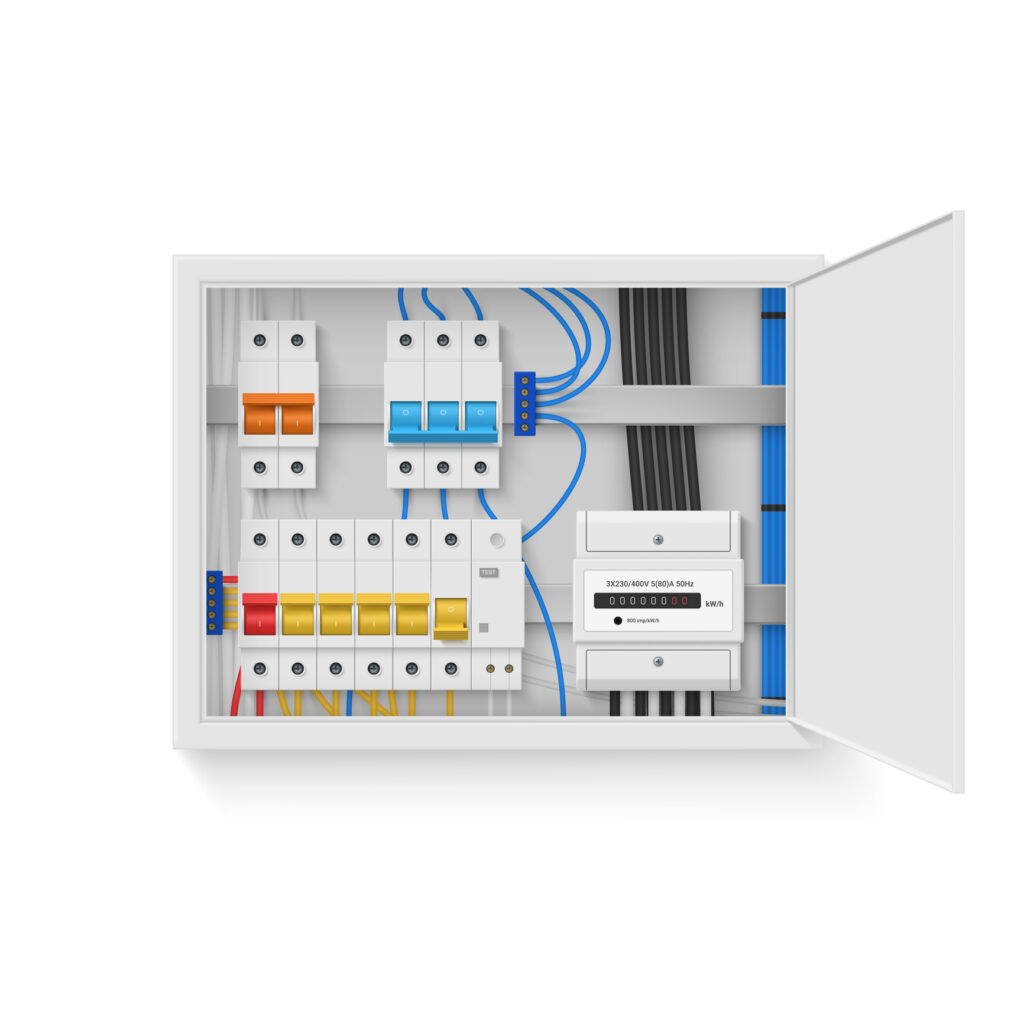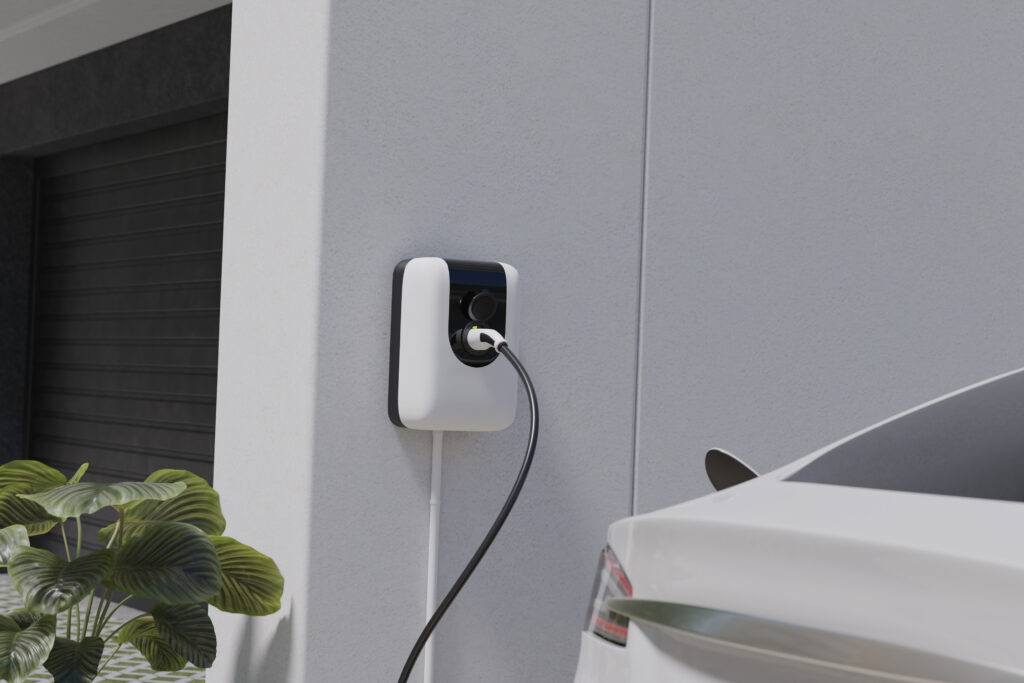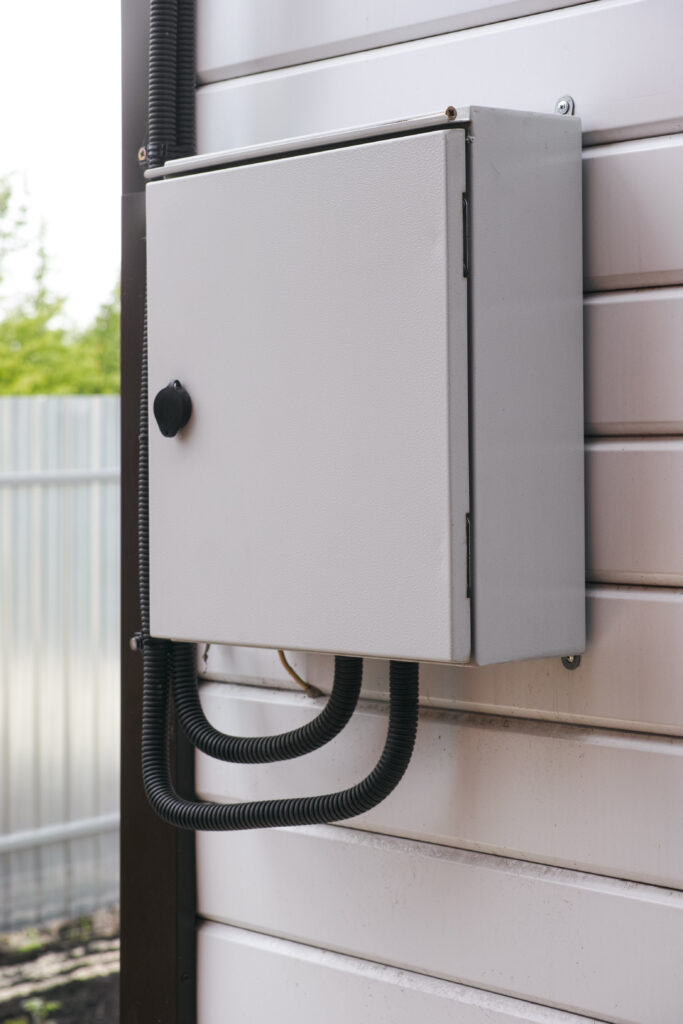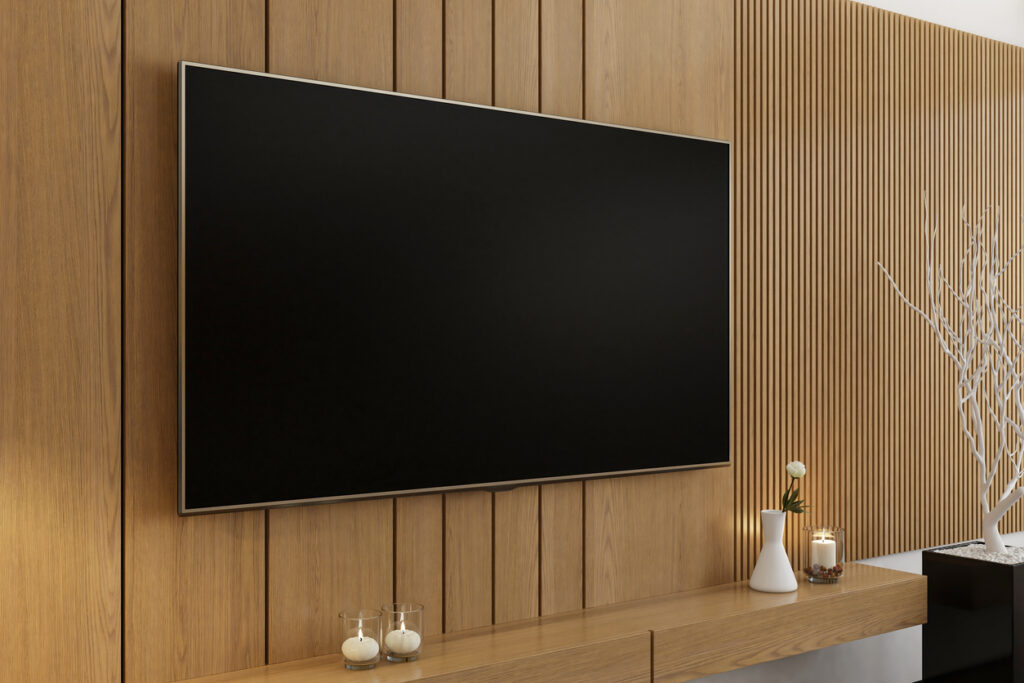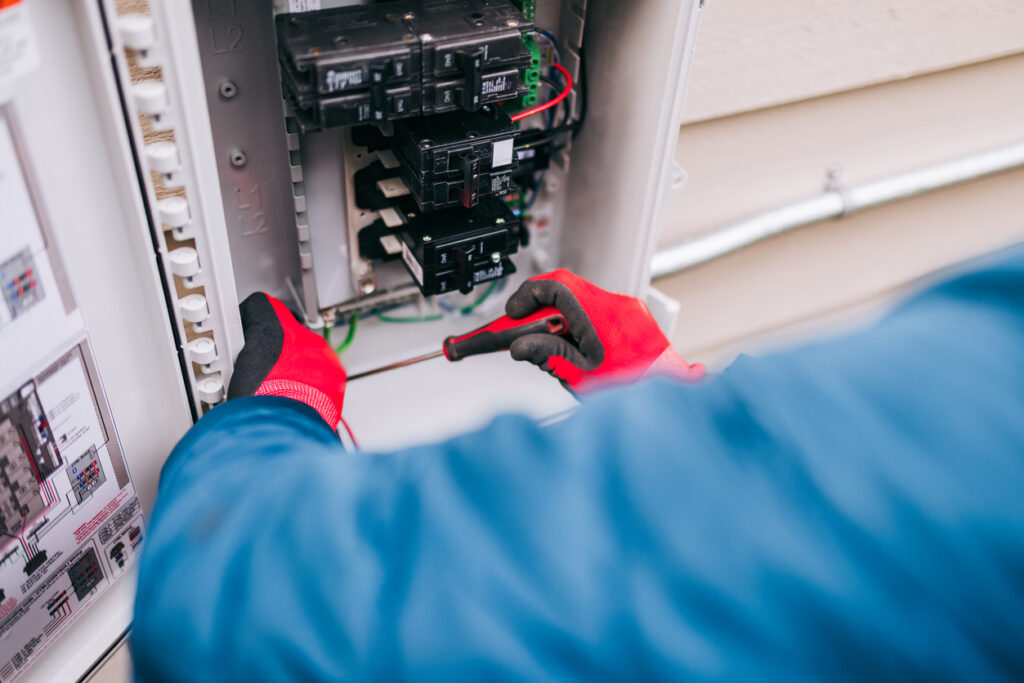With the growing adoption of electric vehicles, having a home EV charger is becoming a necessity for many homeowners.
A dedicated EV charging station offers unparalleled convenience, allowing vehicle owners to charge overnight and start each day with a full battery. Relying on public charging stations can be time-consuming and inconvenient, especially in high-demand areas.
In some cases, electrical upgrades may be necessary to ensure the home can efficiently support EV charging and future electrification technologies.
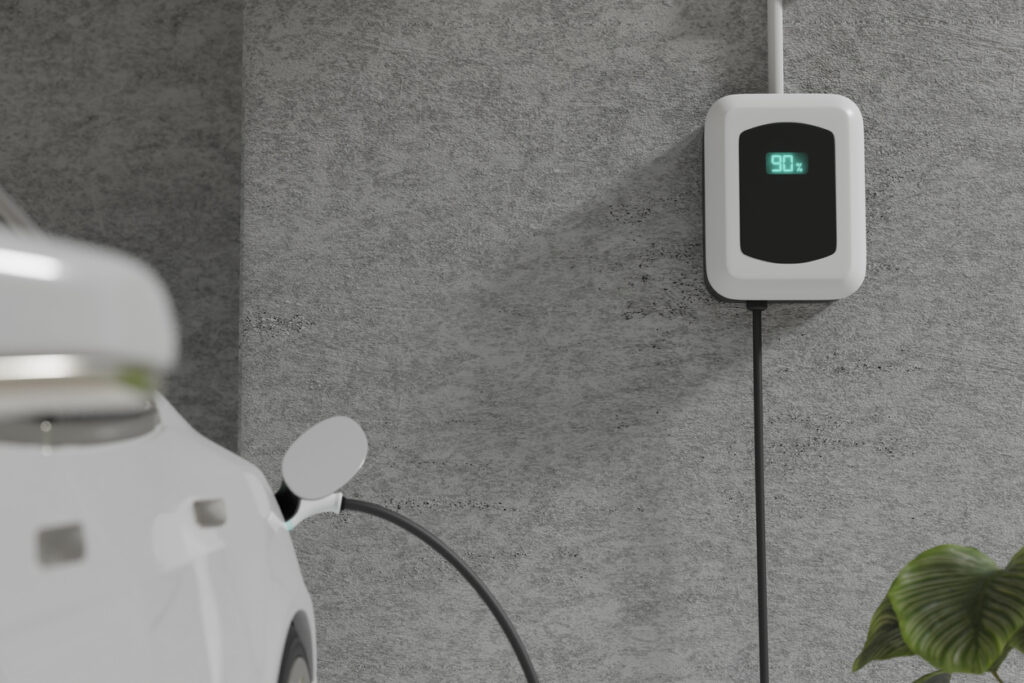
The Benefits of Installing an EV Charger at Home
Installing an EV charger at home ensures a reliable and efficient charging experience without the hassle of waiting in line. Moreover, preparing your home for additional electrification technologies can further enhance its value and future-proof your investment.
Beyond convenience, a home EV charger provides cost savings over time. Many utility companies offer lower electricity rates during off-peak hours, allowing homeowners to charge their vehicles at a reduced cost.
This translates to significant savings compared to the fluctuating prices at public charging stations. Additionally, a home EV charger can increase property value, making homes more attractive to eco-conscious buyers and future-proofing investments.
Understanding the EV Charger Installation Process
An EV charger installation at home involves several critical steps to ensure safety, efficiency, and compliance with local regulations. The process begins with an initial consultation, where a professional electrician assesses the property’s electrical system and determines the optimal location for the charger.
During this consultation, homeowners should also be informed about any applicable fees related to permits and compliance with local regulations. This step helps identify any potential electrical upgrades required to accommodate the increased power demand.
Choosing the right EV charger is another essential step. Homeowners can select between Level 1 and Level 2 chargers, with Level 2 being the preferred option for faster charging.
A thorough evaluation of the home’s electrical panel follows as some older systems may require upgrades to handle the additional load. Upgrading the electrical panel is crucial to provide sufficient capacity for the EV charger and any future electrification needs.
Once the necessary preparations are complete, the certified electrician proceeds with the installation, ensuring all wiring, connections, and safety measures are properly in place. The final step includes testing the charger and providing guidance on optimal usage and maintenance.
Different Types of EV Chargers
There are three primary types of EV chargers, each offering different charging speeds and features to accommodate various needs. Understanding these options helps homeowners choose the best charger for their specific requirements.
Level 1 Chargers
Level 1 chargers are the most basic option and typically come with electric vehicles. These chargers plug into a standard 120-volt household outlet and provide a slow charging rate, usually adding 2-5 miles of range per hour. While they are the most affordable option, they are best suited for those who drive short distances and have ample time to charge overnight.
Level 2 Chargers
Level 2 chargers offer significantly faster charging speeds compared to Level 1 chargers. They require a dedicated 240-volt circuit and can deliver 10-60 miles of range per hour, making them ideal for daily use. Installing a Level 2 charger may require electrical upgrades to ensure the home’s electrical system can handle the increased load. Many homeowners opt for Level 2 chargers due to their efficiency and ability to fully charge a vehicle overnight.
These chargers are particularly favored by EV drivers who require reliable and quick charging solutions for their daily commutes. Additionally, they often come with smart features like remote monitoring and scheduling.
DC Fast Chargers
DC Fast Chargers, also known as Level 3 chargers, provide the quickest charging option available. They use direct current (DC) to charge a vehicle’s battery rapidly, often delivering an 80% charge in 30 minutes or less. However, these chargers require specialized electrical infrastructure and are primarily found in commercial or public locations rather than residential settings.
Choosing the Best EV Charger for Home Use
Selecting the right EV charger depends on several factors, including charging speed, compatibility with the vehicle, and additional smart features. Level 2 chargers are the preferred choice for home installations, offering significantly faster charging times than standard Level 1 options.
Smart chargers provide enhanced functionality, such as remote monitoring, scheduling capabilities, and integration with home automation systems. Opting for Energy Star-certified chargers can also ensure energy efficiency and may qualify for certain incentives.
Homeowners should consider reputable brands known for reliability and performance. The best EV chargers offer safety features, user-friendly interfaces, and compatibility with multiple vehicle models. Additionally, considering chargers that can accommodate additional electrification technologies will future-proof your home’s electrical infrastructure.
Why Hire a Professional Electrician for EV Charger Installation?
Installing an EV charger requires expert knowledge of electrical systems, high-voltage wiring, and compliance with local regulations. A professional electrician ensures that the installation is performed safely, efficiently, and by all necessary codes and standards. This is particularly important for electric vehicle owners who rely on their home charging stations for daily use.
Attempting a DIY installation or hiring an inexperienced technician can lead to improper wiring, circuit overloads, and potential hazards.
A qualified electrician will assess the home’s electrical capacity, recommend any necessary electrical upgrades, and install the charger with precision. They can also provide insights into the best charger placement for optimal convenience and energy efficiency.
Additionally, professional installation guarantees that the EV charger integrates seamlessly with existing electrical systems, reducing the risk of malfunctions or costly repairs down the line.
Homeowners who choose a certified electrician for their EV charger installation benefit from peace of mind, knowing that their system is set up correctly and built to last.
Whether upgrading an older electrical panel or integrating a charger with a smart home system, an experienced electrician ensures a smooth, hassle-free process with long-term reliability.
Contact Milk Electrical for Expert EV Charger Installation
Installing an EV charger at home is a worthwhile investment that enhances convenience, reduces charging costs, and increases property value. With expert installation services from Milk Electrical, homeowners can enjoy a seamless charging experience with the assurance of professional quality and long-term reliability.
Having an EV charger installed by professionals ensures that all safety and efficiency standards are met, providing peace of mind for electric vehicle owners.
Contact Milk Electrical today to schedule a consultation and take the next step toward a smarter, more efficient home charging solution.


